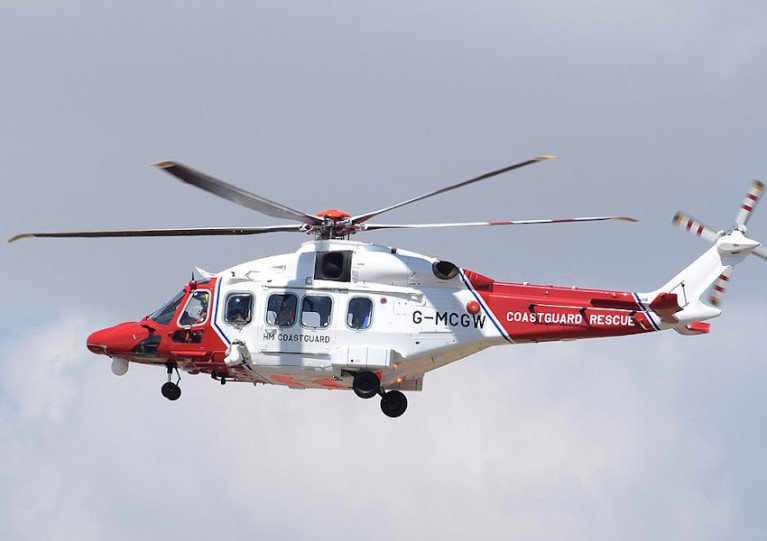The number of recorded incidents dealt with by HM Coastguard yesterday has been the highest since the UK was put into lockdown due to the coronavirus pandemic in late March, the service has warned.
Friday 8 May saw 97 incidents — a 54% increase over the daily average in the previous month — within a single 24-hour period. This coincided with the start of the UK’s early May bank holiday weekend.
“People are ignoring the measures put into place by the [UK] government,” said Matt Leat, duty commander with HM Coastguard.
“I completely understand that the weather and the bank holiday coupled with the fact that we’ve been in this lockdown situation for just over six weeks has tempted people out to our beautiful coasts.
“However, as the government said only yesterday, it’s really vital that we all continue to observe the guidance.”
Leet said that the coastguard would always respond to a 999 or distress call “but the minute we send in a rescue response, we’re putting our frontline responders at risk as well as putting the NHS under avoidable pressure”.
He added: “Please, please continue to observe the #StayHomeSaveLives message — it’s still in place for a reason. Exercise locally and stretch your legs, not our resources.”
UK Prime Minister Boris Johnson has been criticised today (Sunday 10 May) for changing the coronavirus advice slogan from ‘stay at home’ to the less direct ‘stay alert’. The change has been rejected by the devolved institutions in Scotland, Wales and Northern Ireland.



























































